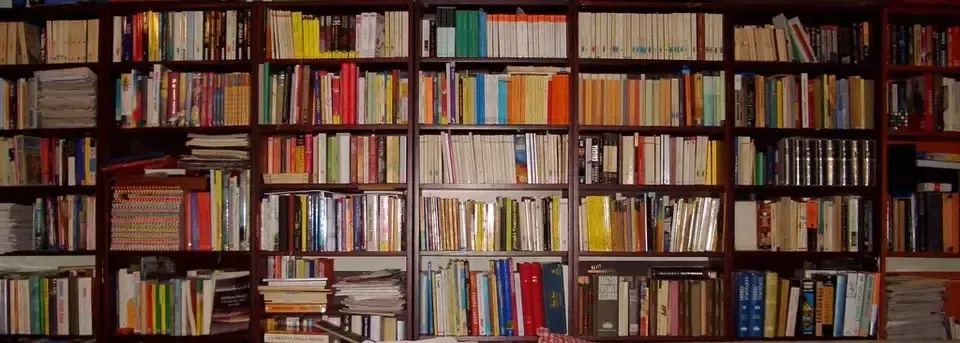
M.L. BLACKBIRD

25 DECEMBER 2017
THE BOOKS I AM READING TO IMPROVE MY WRITING
A brief list of the books I added to my library that I believe are being (or will be) influential to my writing. Each described by what I found or what I believe I will find inside them.

Well… I guess I am late. The Christmas period made it hard for me to concentrate on this while I was too busy watching funny videos about raccoons stealing cat food. A promise is a promise though, so I wouldn’t miss one (raccoons or not!)
This week we talk about writing. Over the last few months, I’ve built quite a collection of books about writing. I have yet to read them all but I think it might be useful to others.
The elements of style
If you have to pick anything from this list, pick this one. If are going to read everything on this list instead, start from this one. It is short, cheap and definitely effective.
This little book is a manual (and the best manual) on English language. The technical guidelines in the book are practical and clear ones because explained through examples.
This is a must-read for anyone who wants to write in clear and direct english, whether they are or not already deep into a writing project.
On Writing: A Memoir of the Craft
I had this book for quite a while now and it is next on my reading list. I mean, if Stephen King, who has written his deal of books, publishes one on writing, who am I not to buy it?
Known as being one of the best books about the craft of writing. It promises to be fun to read while delivering insights both technical and about the life of a writer. I believed the promise and this ended-up on my shelf.
Outlining Your Novel: Map Your Way to Success
I’ve been following Karen Weiland’s blog for long time.
Many of the posts on her blog have helped me growing as a writer and taught me how to be more methodical when I structure my stories.
This book goes even deeper on how you should build the outline of your stories to make sure everything is ready for success even before you start typing.
Aspects of the Novel
An essay known for being as practical as it is insightful on the craft of writing.
I have yet to read it but I love the idea that the author included examples from famous writers to help understand the concepts he is expressing through the text.
Self-Editing for Fiction Writers: How to Edit Yourself into Print
It is far from me to recommend anyone just to self-edit their novel without having an actual editor. Before publishing, definitely go through the screening of a professional editor.
Having already self-edited, can still make a difference though. It gives you insights on what works and what doesn’t. In general also, reading a good self-editing book will trim down the fat from your writing.
Out of the many I’ve found, this one is the best by far. The various sections are dedicated to specific aspects of the writing technique, with good and bad examples telling you how something should (or shouldn’t) be written.
The Language Construction Kit
If you, like me, write also fantasy or sci-fi, you must have had the idea of adding your own language to our of your stories. Developing a language is not an easy task – entire populations around the world have been doing it for thousands of years, often with poor results.
Mark Rosenfelder gives you the instruments to build a credible language that is structurally fit to your world. It covers everything from basics of the language to writing systems and grammar.
Writer’s Journey: Mythic Structure for Writers
If a book has forever changed the way people write it must be this one (in company with only “The hero with a thousand faces”).
In this essay, Vogler studies the influence of mythology on the stories we tell.
In a way, this is a bible for aspiring writers. It explained to the world the archetypes of characters and the stages of the journey (your story) in a way that still drives the structure of most novels.
Wonderbook: The Illustrated Guide to Creating Imaginative Fiction
I love this one. Zita bought it for me and I was stunned. A summary of most of the things you’ll need to lean to be an effective writer.
The fact is, it probably won’t tell you much more than what you’ll learn by reading the classics but everything you read here will stay with you somehow.
I am not sure if it is due to the stunning artwork or the simple way everything is expressed here but, for some reason, where I pick this book and read a random chapter, whatever it is I read never goes away.